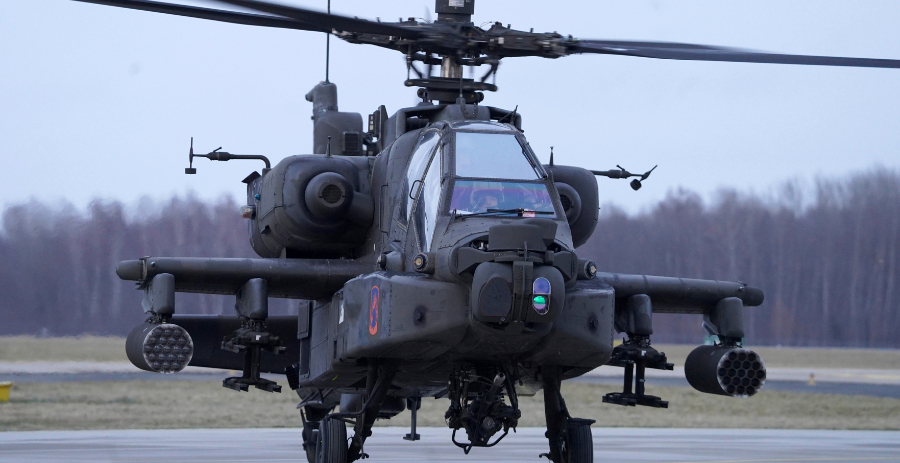Boeing
School and Corporations Unite to Tackle Workforce Challenges

The East Valley Institute of Technology (EVIT) is set to introduce a training program aimed at high school students and adults, tailored to equip them for careers in STEM fields. This initiative arises in response to the increasing workforce demands associated with Arizona’s burgeoning technology sector.
In collaboration with industry giants Boeing and Honeywell, EVIT seeks to address these workforce gaps. Superintendent Dr. Chad Wilson emphasized the need for such a program, highlighting that the technology sector’s growth necessitates a skilled labor force.
The program diverges from traditional educational models by preparing students for employment before they graduate. It offers essential STEM-focused education that is frequently neglected in conventional settings, according to Wilson.
Particularly within the microchip and aerospace sectors, investments are leading to rapid expansion. This growth demands an increased number of manufacturing and engineering professionals, Wilson noted.
Wilson remarked, “It was actually an inverse of what typically happens in public education where it wasn’t the educational institution saying, ‘Here’s what you need to do.’ It was the business industry sitting down with us and saying, ‘These are what our needs are, this is what they (training programs) need to look like.’”
The curriculum will equip students with both technical skills, such as welding and microchip manufacturing, and essential soft skills often overlooked in traditional education, he explained. The initiative aims to produce well-rounded candidates ready for immediate employment.
In its inaugural year, the program will provide STEM training primarily to third-year high school students, allowing them to specialize in aviation, engineering, or manufacturing. The second year will focus on hands-on training and adult education programs, effectively preparing students for the job market upon graduation.
Wilson pointed out the need for soft skills, saying, “One of the skills that is missing from students when they transfer into the world is soft skills: how to interact with colleagues, how to show up to work on time, how to dress appropriately, how to stay on task.” Such attributes are crucial for success in the workforce.
Graduates of this program will receive priority for job openings at Boeing and Honeywell. Wilson indicated that entry-level positions for program alumni often start at a competitive $45,000 yearly salary, with ample opportunities for career advancement.
“If you can connect the kid to a passion that gives him or her purpose and then creates a paycheck, you have the ability to get that individual in a space that excites them,” he said, underlining the positive impact of tailored vocational training.
The program incorporates industry-focused apprenticeship models, providing access to STEM opportunities that may otherwise be overlooked. With Arizona’s evolving industrial landscape, new demands for specialties like welding and microchip manufacturing are on the rise.
Participants will split their time between their high school and EVIT’s Mesa campus, an approach that breaks from traditional classroom settings. “Sometimes it’s hard for young people to find their passion in a traditional structure,” noted Wilson.
Recognizing that many educators lack specific expertise in technology fields, he emphasized the significance of industry insights in shaping effective training programs.
Christina Upah, Mesa Site Executive for Boeing Defense, Space and Security, highlighted the need for skilled workers spurred by increased global demand for manufacturing, particularly for the AH-64 Apache helicopter.
“The partnership between Boeing and EVIT is critically important because it not only provides students with promising career opportunities but helps ensure a skilled workforce for STEM industries,” Upah stated. She further noted that together they are paving the way for a bright future in Arizona’s aerospace sector.
Enrollment for the program, based in Mesa, will begin on November 1, with classes scheduled to launch in July 2025.


















